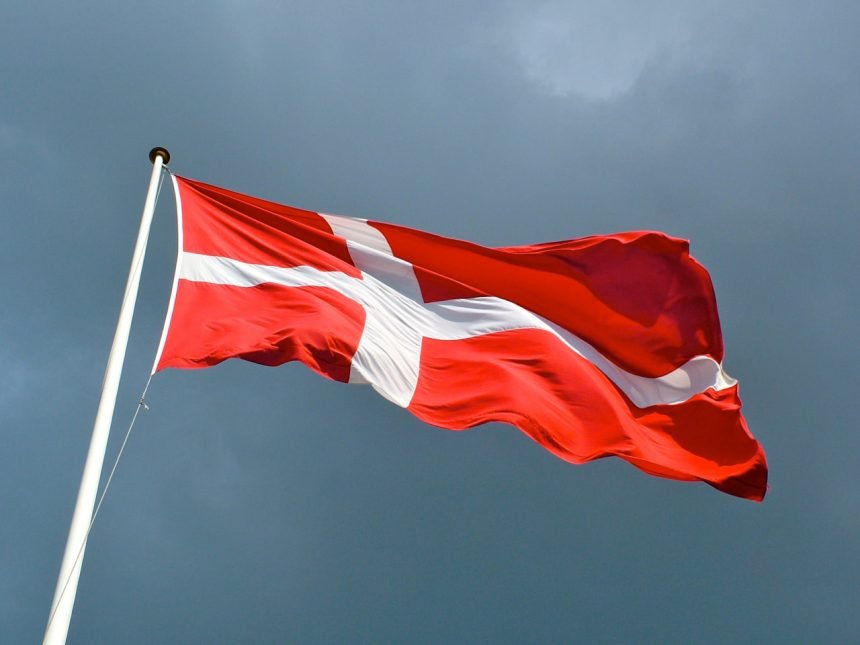Minsk, , October 11, 2024 – The Europe Today: Kyrgyzstan has significantly expanded its list of commodities traded with Belarus, according to the Belarusian Universal Commodity Exchange (BUCE). In a major development, a Kyrgyzstan-based company has concluded the first-ever deal for the sale of textile raw materials via the BUCE platform, marking a new phase in trade between the two nations. The transaction involved the sale of unprocessed cotton fabric, which was purchased by one of Belarus’s largest light industry enterprises.
Previously, Kyrgyz imports of textile raw materials did not pass through the BUCE. The trade between the two countries had largely centered around Belarusian sugar and timber, which dominated exchange deals in 2022-2023. However, since the beginning of 2024, there has been a notable diversification in trade, with dairy products becoming a key export from Belarus to Kyrgyzstan. These products now account for about 80% of the trade’s value.
“Kyrgyzstan, along with other members of the Eurasian Economic Union (EAEU), is a priority market for the development of exchange trade,” a BUCE spokesperson said. “Currently, 30 Kyrgyz economic entities are accredited on the BUCE, and the number of transactions made by these companies has increased almost 2.5 times compared to the same period in 2023. The largest contributions to this growth have come from the export of Belarusian butter, skimmed milk powder, and rennet cheese.”
Additionally, the Kyrgyz market continues to rely on Belarusian sugar imports for its food industry. The introduction of unprocessed cotton fabric to the trade list offers new opportunities for Belarusian textile manufacturers to source the raw materials they require. Beyond Kyrgyzstan, similar collaborations have been formed with cotton suppliers from Tajikistan and Uzbekistan.
The Belarusian Universal Commodity Exchange, established in 2004, is one of the largest commodity exchanges in Eastern Europe. It facilitates trade in a wide range of goods, including metals, forestry, agricultural products, industrial goods, and consumer items. In the first nine months of 2024, trade contracts between EAEU member states (excluding Belarus) and BUCE reached a value of $755 million, reflecting a 3.7-fold increase year-on-year.














